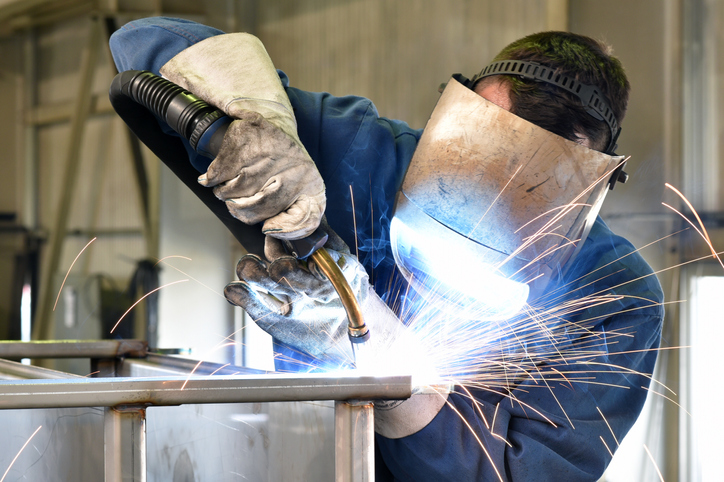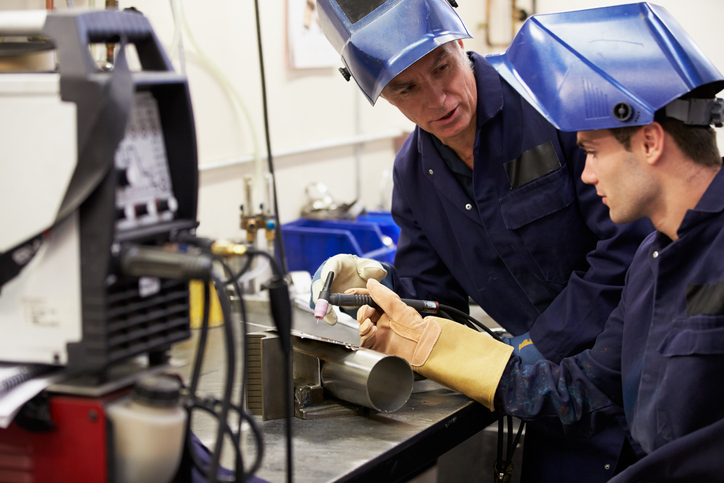
With skills that are required in various industries, Welders are professionals who are responsible for using different techniques to join metal parts, repair structural elements and more. Welders are needed in the construction and manufacturing industries, in addition to being employed in automotive garages, aviation, and underwater projects. Their principal duties might include choosing the right equipment for a specific weld, determining the proper weld technique to implement, accounting for safety hazards, adjusting and setting up metal components for a weld and more.
If you’re interested in welding training, building a few key skills will enhance your confidence while improving the accuracy and quality of your welds. Below, discover three key skills to develop during your training and throughout your apprenticeship to ensure a long and successful career as a welder.
Attention to Detail
While perfectionists aren’t a great fit for every career path, it’s safe to say that most would make a great welder. As you’re likely to realize during your welding technician training, it takes a lot of precision to become a welder. Welders benefit from being extremely attentive to detail–with the ability to notice every aspect of a welding project, spot potential mistakes before they happen, and align different components at just the right angles. They’ll need to perform precise cuts in accordance with specific dimensions, and produce a finished project with minimal flaws. For these reasons, employers in the welding industry often look for welders who are detail-oriented, as their work tends to be more accurate and more efficient in comparison to others.

Develop Strong Mathematical Skills During Welder Training
Welders spend plenty of time on calculations, determining the correct amounts, sizes and measurements for various components of their projects. While you’ll probably be able to use a calculator as a welder, it’s no secret that if you possess the mathematical skills to perform most calculations off the top of your head, your workflow will become a lot more efficient. During welding classes, you’ll gain an understanding of the calculations you’ll need throughout your career, putting your mathematical skills to the test and enabling you to improve them. As a future welder, you’ll use mathematical skills to interpret model sketches and 2D/3D prints, trim materials accurately and much more.

Physical Strength Will be Important
As a welder, you won’t only be expected to have a knack for math; you’ll also need the physical skills to match the job. Welders use their whole bodies on the job, and are consistently lifting, bending, stooping and configuring materials. What’s more, being a welder requires standing for long hours. In addition to physical strength, welders also must be dextrous, as their hands serve as guides for any welding project they complete. If you have steady hands and a good grip, you’re likely to excel in this career path, as you’ll spend long periods of time handling various tools and joining different components with a weld. During an interview for your next job as a welder, an employer may test your hand-eye coordination, your ability to lift heavy weights and the steadiness of your hands.
Looking to pursue welder training?
Check out our program at the North American Trade Schools today!



